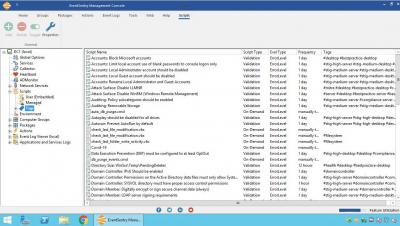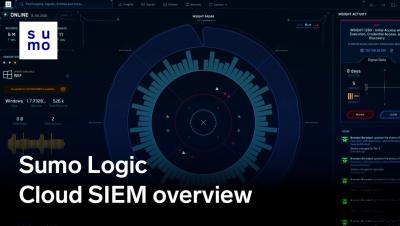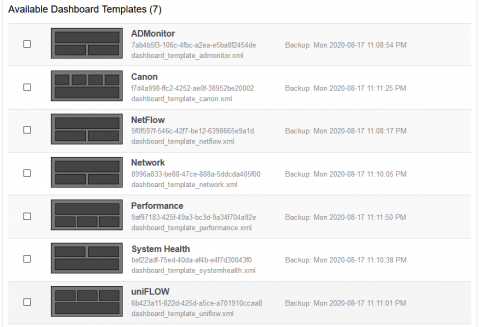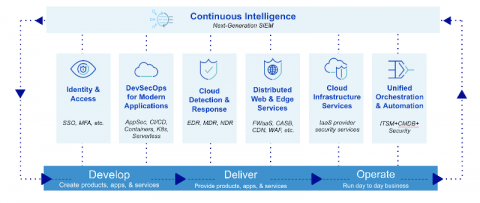What is Security Information and Event Management (SIEM), and how is it evolving?
Halloween is tomorrow, and do you know what that means? For starters, it means you can dance under the rare blue moon. A full moon visible for all time zones on Earth hasn’t happened since 1944, and won’t happen again until 2039. It also means you can don a costume and be anything you like. Kind of like a fraudster, that assumes a new persona every time there is a payment fraud attack.








